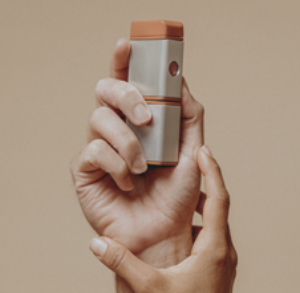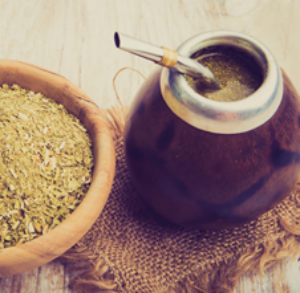“Smell is a word, perfume is literature.”
– Jean-Claude Ellena
This is your official welcome to scent school. Whether you’re a fragrance fanatic or you’ve been loyal to the same scent since 2012, there’s a lot to learn! Like what’s the difference between perfume and Eau de Toilette? Why are you immediately catapulted back to a specific beach holiday when you smell sea salt? And what on earth is a heart note? Pull up a seat because school is in session.
DIFFERENT FRAGRANCE FORMS
“Scent is the strongest tie to memory.”
– Maggie Stiefvater
So you’ve heard all kinds of fancy names for fragrance; perfume, Eau de Parfum, Eau de Toilette, Cologne, and so on. But is there actually a difference? The answer is yes! Turns out fragrance makers aren’t just being pretentious for the sake of it. ‘Fragrance’ is the umbrella term to describe a thing that makes something smell good. Underneath this umbrella is where we find the categories like perfume that classify different types of fragrances depending on their concentration levels.
Perfume is your strongest formulation with over 20% oil concentration and is designed to last you from morning to night. People with sensitive noses or skin, beware, we are in intense territory, and you might want to avoid these perfume levels.
Eau de Parfum is the second highest with a 15-20% oil concentration. You’ll get about four to five hours of fragrance out of this bad boy.
Eau de Toilette is a lighter spray with a concentration between 5-15%. The perfect option for people looking for a hint of fragrance to linger for two to three hours.
Eau de Cologne is often mistaken as the masculine option in the fragrance world. But no, it just refers to a lower concentration of 2-4% of perfume oils in alcohol and water. Go forth and spray, regardless of gender.
Eau Fraiche is the least committal of the fragrance options with a concentration of 1-3% lasting approximately one hour. We love Eau Fraiche for layering with different applications of the same fragrance eg: Mist and Elixir or Mist and Solid. This gives you the freedom to apply the fragrance to different parts of your body.
OLFACTORY SYSTEM
“Perfume is the art that makes memory speak.”
– Francis Kurkdjian
What a fancy way to say fragrance makes you remember stuff! We’ve all been there, you’re grooving along in your day and then suddenly, completely out of the blue, you catch a whiff of perfume or an oddly specific scent and a random memory punches you straight in the face. Is it magic? Are you crazy? No. Well maybe, but not because of this. The science behind it is actually pretty simple.
I’ll keep the lesson short and sweet but basically, it’s due to a little something called your olfactory system. Here’s what happens: a fragrance (good or bad) is released, your nose notices the molecules in the air, and bam! Nerves, which are connected to the limbic system, send a signal directly to your brain to process. The limbic system dictates emotion which is why you’re suddenly beaming from ear to ear or curled in a ball weeping.
But what if you could use this to your advantage? Hack the olfactory system, so to speak? There is research to suggest that using a specific fragrance at the right time can help improve your memory. Say you have a big test coming up. Spritzing a fragrance over your study notes and then wearing that same scent to your exam later can help drive better recall.
DIFFERENT NOTES
“Perfumery is a symphony, it has a beginning, middle and an end.”
– Isabelle Ramsay-Brackstone
Fun fact (and keeping with the music metaphor) the actual scent of a fragrance develops over time as the different notes emerge. One sniff is simply not it, my friend!
The first spritz, that quick burst and immediate impact, is called the head note. It’s the initial first impression of the scent but it evaporates quickly. Then the heart note emerges. This is the body of the perfume and its truest scent. The base note has the longest-lasting scent and will be the one that you remember. Together these three notes make up the overall fragrance or the ‘fragrance accord’.
Next time you spritz on your fragrance, take a moment to try and differentiate between the notes. Whoever can pick the heart note first gets a cookie!
CONCLUSION
Feeling smarter already? Well, this is only lesson one so let’s not get ahead of ourselves! Your homework until next time is to grab your favourite fragrance, spritz liberally, and report. Let us know in the comment section below if you can pick out the heart note of your go-to!



















